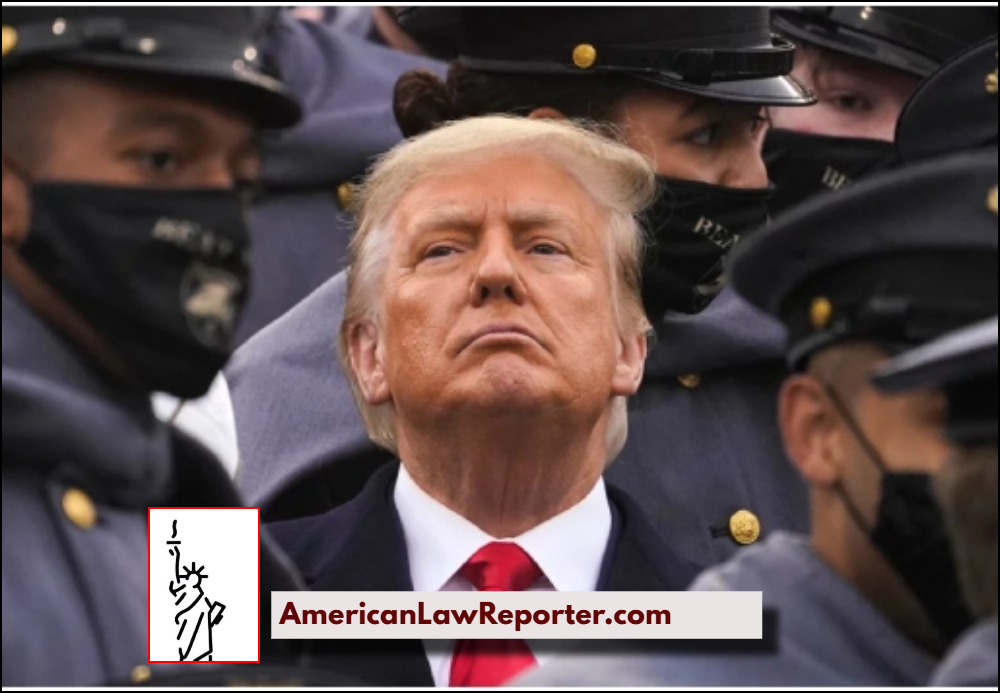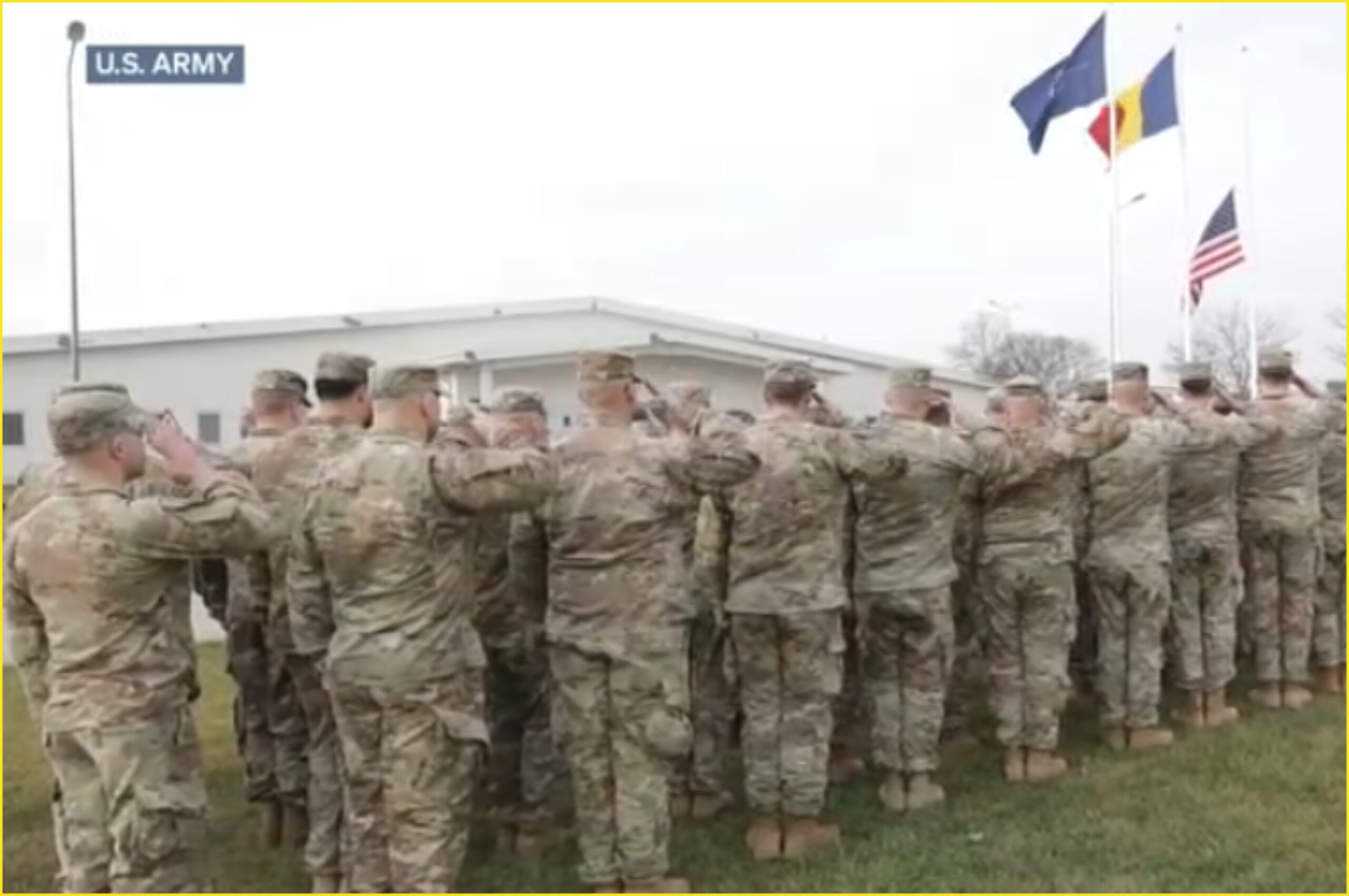Military personnel across multiple branches are quietly turning to outside lawyers for guidance on whether missions ordered by the Trump administration are lawful.
The unusual development reflects growing unease inside the ranks about the scope, transparency, and legality of recent operations.
According to reporting by PBS News, troops involved in planning or supporting strikes on alleged drug-trafficking boats, as well as those facing potential deployment to American cities, have been reaching out to The Orders Project, a nonprofit that provides independent legal advice to service members. The increase in calls signals a rare moment: U.S. troops questioning, in real time, whether certain presidential orders meet legal and ethical standards.

The concern is emerging against the backdrop of at least 20 U.S. military strikes in the Caribbean and Pacific since September. In grainy footage released by the Pentagon, flashes of light show small boats being obliterated—vessels the administration says were transporting drugs. Dozens of people have been killed, but officials have not disclosed who they were, whether drugs were actually found, or the intelligence underpinning the strikes.
President Donald Trump has framed the operations as necessary and lawful, arguing that drug traffickers “killed 300,000 Americans last year” and that international waters give the U.S. broad authority to act. But on Capitol Hill, even Republicans have pressed for clearer justification.
Rep. Mike Rogers (R-MI) said lawmakers were “not happy” with the administration’s legal explanations, adding to the pressure on the Pentagon and Justice Department. The Washington Post reports that DOJ lawyers crafted a classified memo this summer aimed at shielding U.S. troops from legal vulnerability—a sign the administration is working to cover potential exposure.
But for some inside the military, those reassurances aren’t enough.
Retired Army Lt. Col. Frank Rosenblatt, president of the National Institute of Military Justice, says his organization has seen a rise in calls from staff officers involved in mission planning—people who understand the legal processes behind targeting decisions and feel pressured to “turn a non-concur into a concur.”
“These are officers being asked to bless decisions they’re not comfortable with,” Rosenblatt told PBS. “They’re worried they could later be held liable if the legal justification doesn’t hold up.”
The concerns aren’t limited to overseas operations. National Guard members anticipating deployments to U.S. cities—orders that have been bouncing between court injunctions and emergency appeals—are also seeking clarity. Some callers are even asking whether U.S. weapons supplied to Israel could expose them to complicity in alleged war crimes in Gaza, a sign of how far-reaching the anxiety has become.
Uncertainty within the ranks is especially striking given the strict hierarchy of the military, where enlisted members typically trust that senior leaders have vetted orders. But Rosenblatt says the bulk of calls are coming from officers who see the inner workings—and potential red flags—up close.
The Justice Department insists the missions comply with the laws of armed conflict and that troops have a legal obligation to follow “lawful orders.” Yet Rosenblatt warns that DOJ memos do not guarantee immunity, especially from state courts or foreign tribunals that may assert jurisdiction over alleged atrocities.
“Anyone relying solely on that memo is making a mistake,” he said. “The real question is: why is immunity being offered at all?”
The growing legal uncertainty reflects broader strain between an administration pushing aggressive military actions and a professional military community wary of crossing lines that could haunt them for decades.

